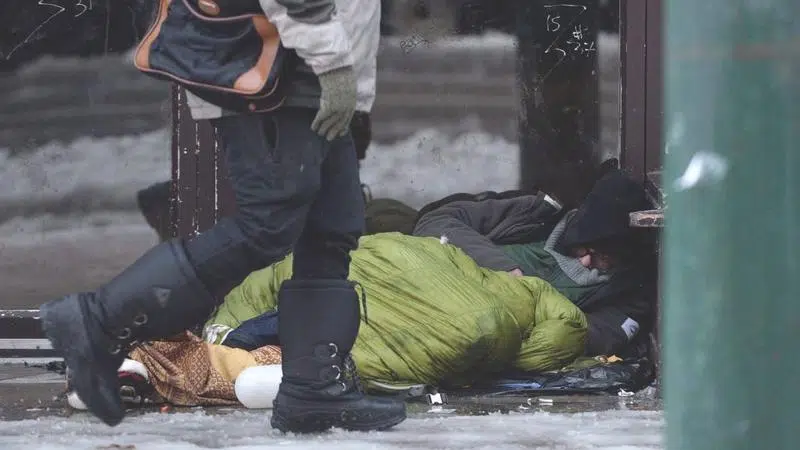
‘It will create homelessness’: concerns raised about new program
The Prince Albert YWCA is sounding alarms bells over changes to Saskatchewan’s social assistance program.
Previously, under the Saskatchewan Assistance Program (SAP), clients had the option to sign their cheques over directly to their landlords and utility providers. Under the new Saskatchewan Income Support (SIS) the entire shelter allowance will be deposited into clients’ accounts.
“It will create homelessness,” local YWCA CEO Donna Brooks told paNOW. “If somebody’s dealing with addiction and the withdrawal symptoms are so bad and they’re out of money and they get that rent cheque, they’re going to feed that addiction before they pay their rent, and the landlord isn’t just going to let them stay for free. They’re going to get kicked out. They’re going to be on the street.”
The provincial government launched SIS in July. While existing clients can stay with the previous SAP program, it, along with the Transitional Employment Allowance (TEA) will be phased out by 2021.


